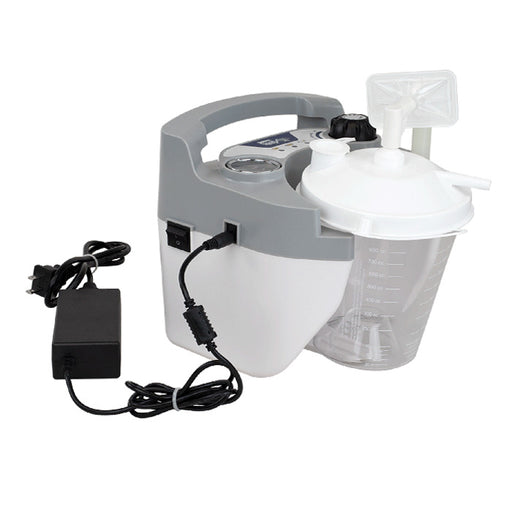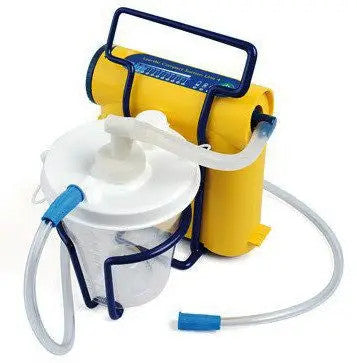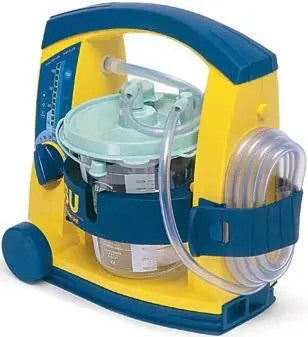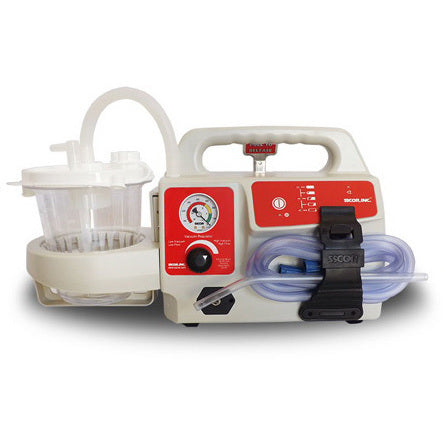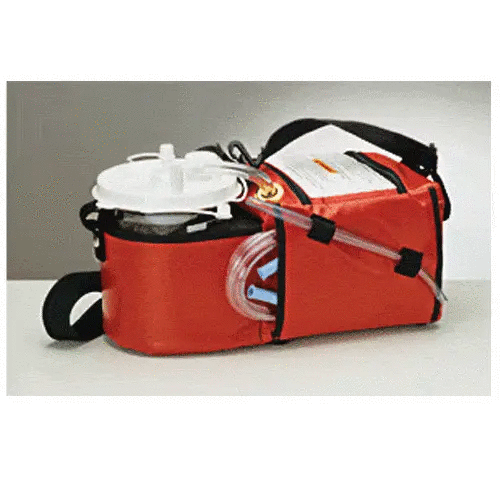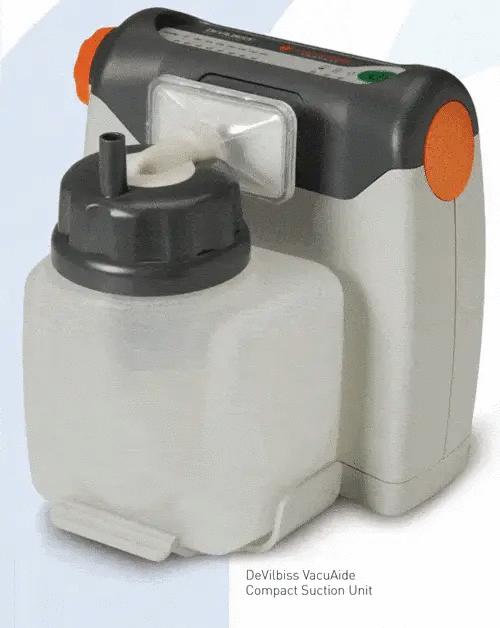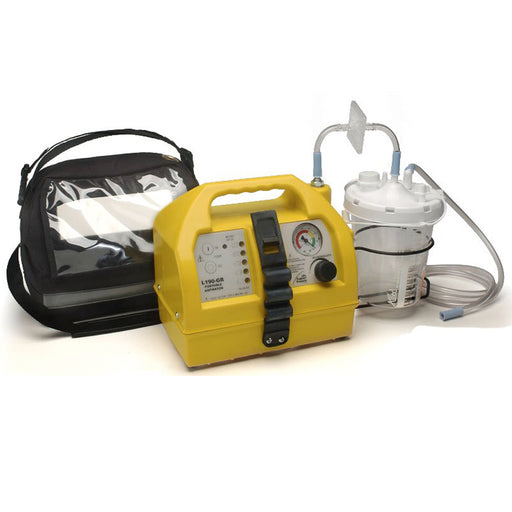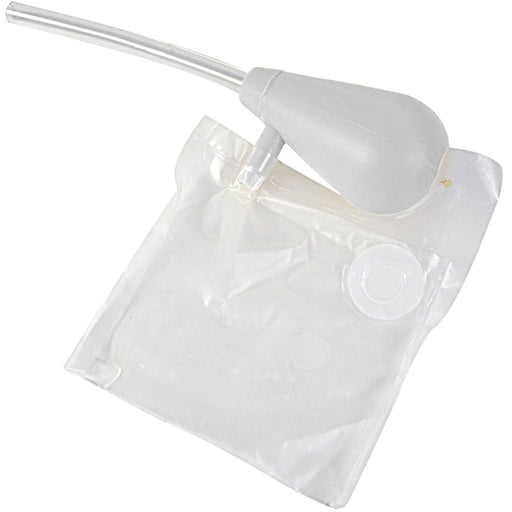What is a Suction Machines used for:
Suction machines, also known as suction
apparatus or aspirators, are medical devices used to remove obstructions
such as mucus, saliva, blood, or other secretions from a person's
airway. They are especially useful in situations where individuals have
difficulty clearing these fluids on their own, such as during surgery,
in patients with compromised respiratory function, or in emergency
situations. The machine creates a vacuum to gently and efficiently
remove the fluids, helping to keep airways clear and unobstructed.
What types of Suction Machines are there?
There are several types of suction machines designed for various medical needs:
1. Portable Suction Machines: Lightweight and battery-operated, perfect for home use and travel.
2. Wall-Mounted Suction Units: Typically fixed in hospitals or clinics, providing consistent suction power.
3. Handheld Suction Devices: Manual and portable, used for emergency or quick interventions.
4. Stationary Suction Machines: Larger units with robust suction power, suited for long-term or frequent home care.
5. Aspirators: Specialized machines for removing mucus, blood, or liquids from airways and surgical sites.
These machines cater to diverse healthcare requirements, from routine respiratory management to critical medical procedures.

